Prime Minister Sheikh Hasina emphasized the need to bolster adaptive capacity and resilience to ensure a secure and prosperous future for generations to come. Speaking at the inauguration of the four-day UN Climate Adaptation Conference National Adaptation Plan (NAP) Expo 2024, she outlined key strategies to address climate challenges.
Firstly, she urged major carbon-emitting nations to take decisive steps to limit global temperature rise to 1.5°C. Secondly, she stressed the fulfillment of commitments by developed countries to a $100 billion annual climate fund, evenly distributed between adaptation and mitigation efforts.
Thirdly, she called for the efficient transfer of technology and energy solutions to developing nations, considering their development priorities during the transition to renewable energy. Additionally, she emphasized the shared responsibility of all nations in rehabilitating individuals displaced by climate-induced events.
Furthermore, she underscored the importance of global partnerships and cooperation among major economies to ensure a sustainable future. Despite Bangladesh's minimal contribution to global carbon emissions, she highlighted its vulnerability to climate change, particularly rising sea levels threatening large swathes of the country.
Sheikh Hasina reaffirmed Bangladesh's commitment to combating climate change, citing initiatives such as the Mujib Climate Prosperity Plan (MCPP) and the formulation of the National Adaptation Plan (NAP). She urged developed nations to honor their pledges and provide adequate financial support to vulnerable countries.
She emphasized the need for developed nations to double their adaptation financing by 2025 and ensure easy access to funding for countries implementing NAPs. Bangladesh, under her leadership, has established the Bangladesh Climate Development Partnership (BCDP) to advance climate resilience efforts.
In conclusion, she called for concerted global efforts to safeguard the planet, urging collaboration and intensified action to address the challenges posed by climate change.



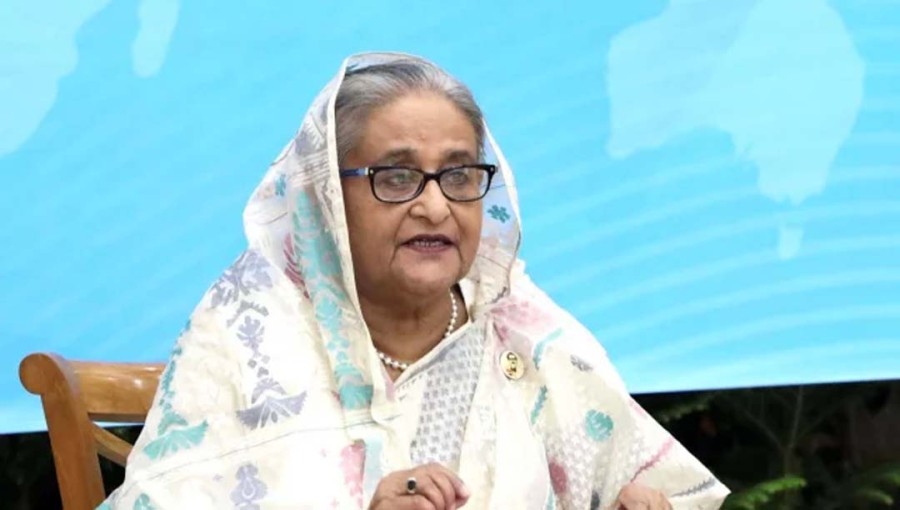
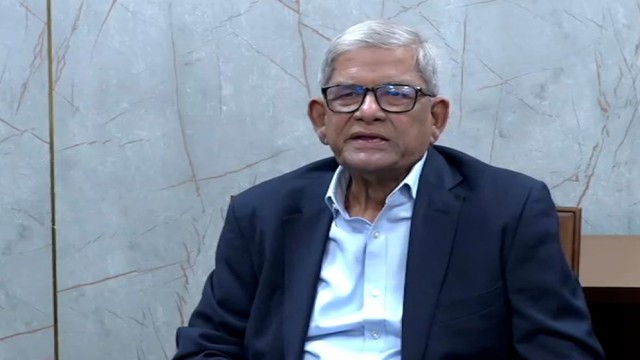

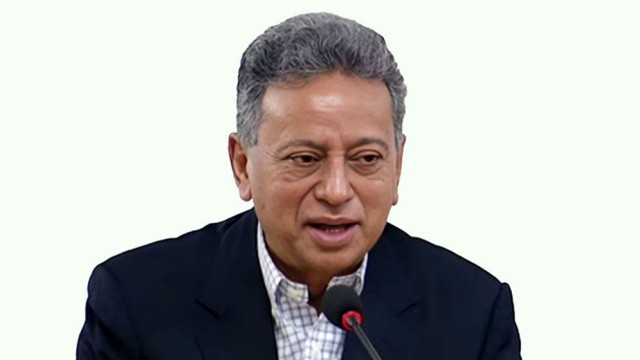


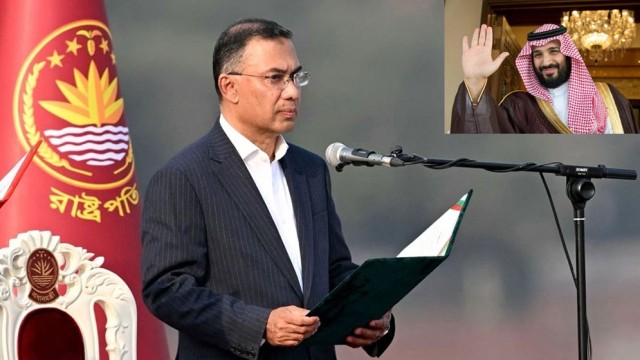
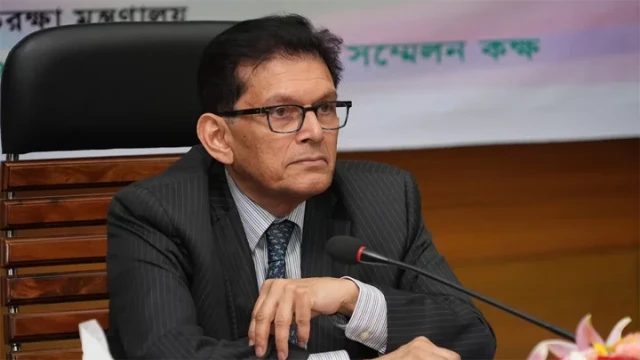














Comment: